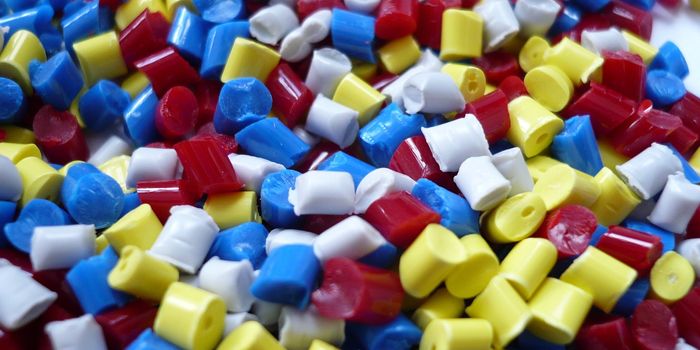Melatonin-It's Complicated
Melatonin is a hormone that regulates sleep and wakefulness through activating the melatonin receptors in the central nervous system. It is naturally produced by the pineal gland in humans and some animals.
Ever since the discovery of its role in human physiology, melatonin was considered an excellent agent to facilitate sleeping and treat insomnia. However, things aren't straightforward as they seem.
When taken orally melatonin has very low bioavailability, meaning that only small amount of the dosage reaches the brain whereas the majority get cleared out by the liver. Other types of dosing method such as the nasal spray can reduce liver clearance, allowing more melatonin molecules reach their intended receptor target. But the medical community is still not sure what dosage works the best for insomnia patients, or whether it is effective in helping sleep at all. What makes things more complicated is that FDA regulations that apply to medications are not applicable to melatonin, because it is listed as a dietary supplement, not a drug.
Source: ACSReactions via Youtube








